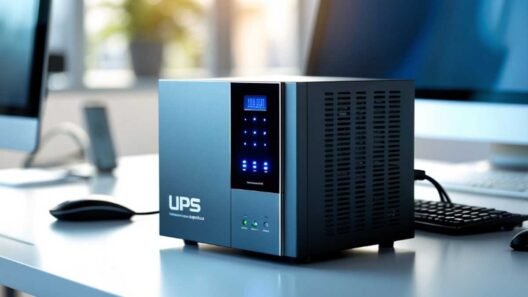Have you ever grasped a cord and wondered if it’s an extension cord or a power cord? It’s a simple mix-up, and it’s easy to see why: Both are used to plug devices into power sources.
They look the same on the outside but serve different purposes and have unique safety issues. Using the wrong one for a specific task can cause overheating, power losses, or even damage to electronics.
Power cords plug individual devices directly into an electrical outlet, supplying the correct voltage and amperage. On the other hand, extension cords are designed to prolong the length of power cords so that several devices can receive power from one outlet.
Knowing how these cords function and when to use each will significantly impact their efficiency and safety. Here’s a closer examination of how they are different and why it’s important.
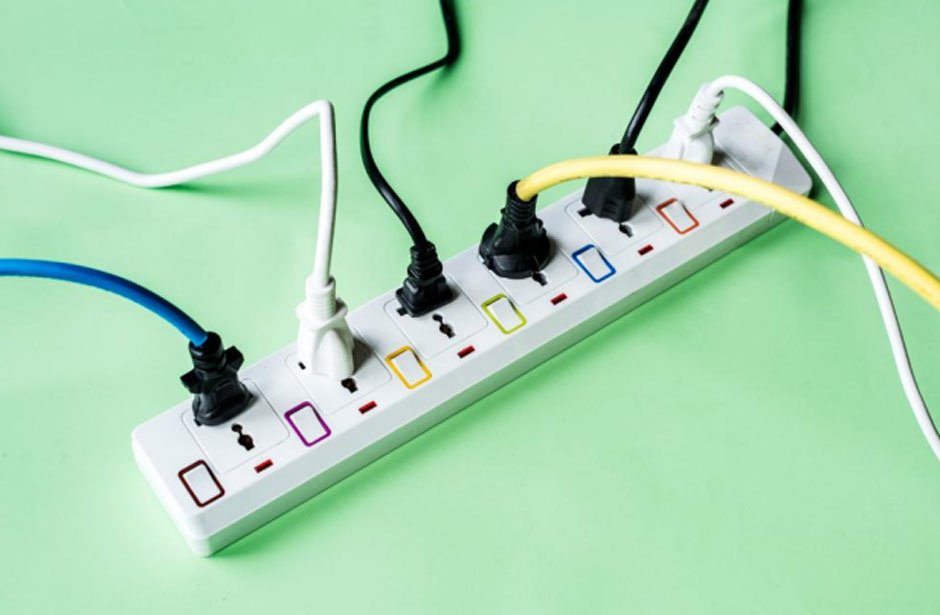
1. Purpose and Design Differences
The greatest difference between a power cord and an extension cord is the way they are designed to be used. Power cords are made for use on one device, and you typically get them when you purchase electronics, appliances, or other equipment.
They supply the exact amount of power needed for the specific device to function effectively and safely. For example, the cable included with the desktop computer is rated for the computer, meaning it can handle the voltage and the amperage needed without issue.
Extension cords are not designed for a particular device. They are used primarily to provide additional length so that devices can be plugged into a power source from a greater distance.
Extension cords are not designed to control power for a specific appliance like power cords. Since they’re not rated for an appliance, misuse of an extension cord—such as plugging a high-wattage device into a low-rated cord—can cause overheating and danger.
That’s why it’s important to check the power rating on an extension cord before connecting heavy-duty electronics such as refrigerators.
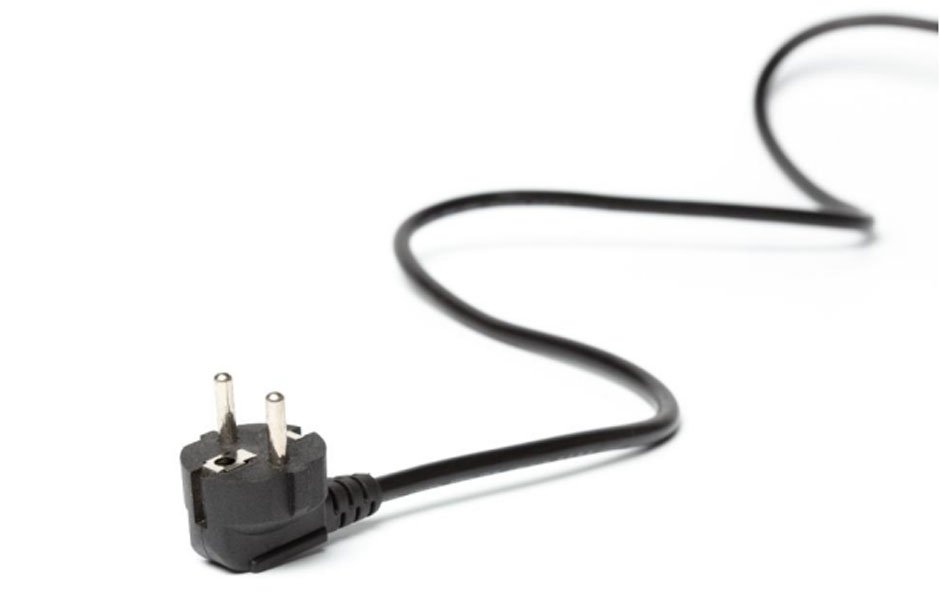
2. Electrical Capacity and Safety
Not all cords are created equal in their ability to handle electrical loads. Power cords are made to handle the specific voltage and current requirements of the equipment it comes with. Usually, they don’t pose much of a hazard unless damaged. Once a power cord starts to show signs of wear, you should replace it instantly to avoid common electrical hazards and accidents at home.
Extension cords require even closer care since they have such varied electrical capacities. The thickness of the wire (measured in gauge) will indicate the power the cord can handle. When the wire is finer, the cord will be suitable for low-power devices like lights. Heavy-duty extension cords are required for high-power devices like air conditioning units or power drills.
Using the wrong extension cord can lead to overheating, which may damage insulation and even ignite a fire.
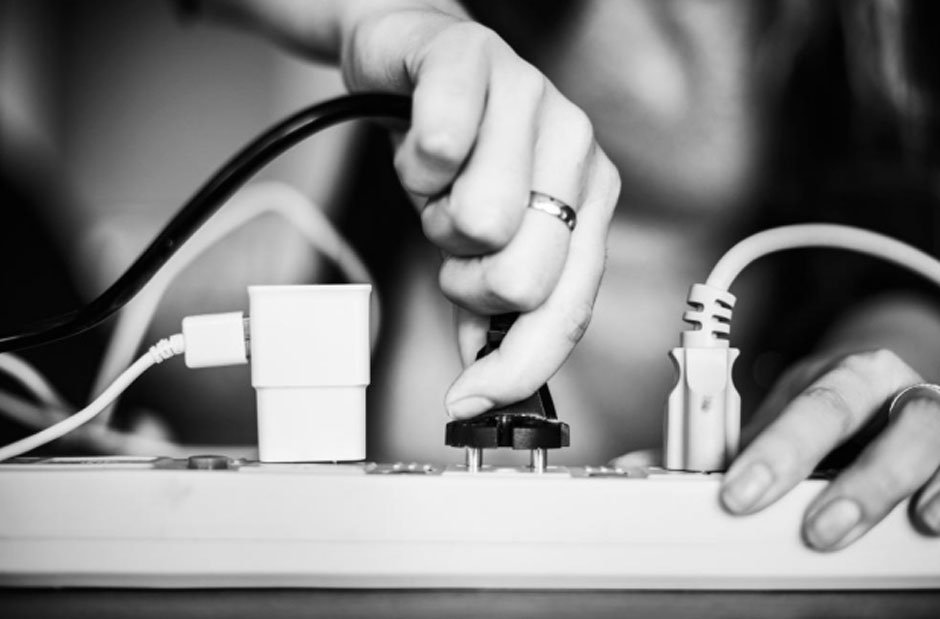
3. Usage Scenarios
Power cords and extension cords differ in how they are used. A power cord is meant to plug a single device into an outlet so that it can get the power it needs without interference. Most devices, such as computers, come with their own power cords—they are specially made to fit the device’s power needs.
Extension cords are used when the outlet is not in easy access. They are pretty convenient in situations where there is a requirement for portability, such as in workshops, outdoors, or in temporary setups. One common use is to power holiday lights or gardening tools when there is no available outlet nearby.
Since extension cords are often used to power multiple devices, it’s important not to overload them. Plugging multiple devices into a single extension cord can lead to overheating and increase the risk of fire.
4. Physical Strength and Endurance
Power cords are designed to last the lifetime of the device they are supplied with. They are fabricated with reinforced insulation, strain relief connectors, and material to withstand the device’s specific power needs. They can last for a long time unless crushed or exposed to extreme conditions.
Extension cords are subjected to additional wear and tear as they are moved around and used repeatedly. That exposes them to damage if they are not stored properly. An extension cord that is coiled and twisted will likely break down over time and result in internal wires being exposed, which increases the risk of electrical failure.
Heavy extension cords are perfect for prolonged use in high-power appliances, while lighter ones are good for smaller devices. Those extension cords that show signs of heat damage, discoloration, or fraying should be replaced immediately.
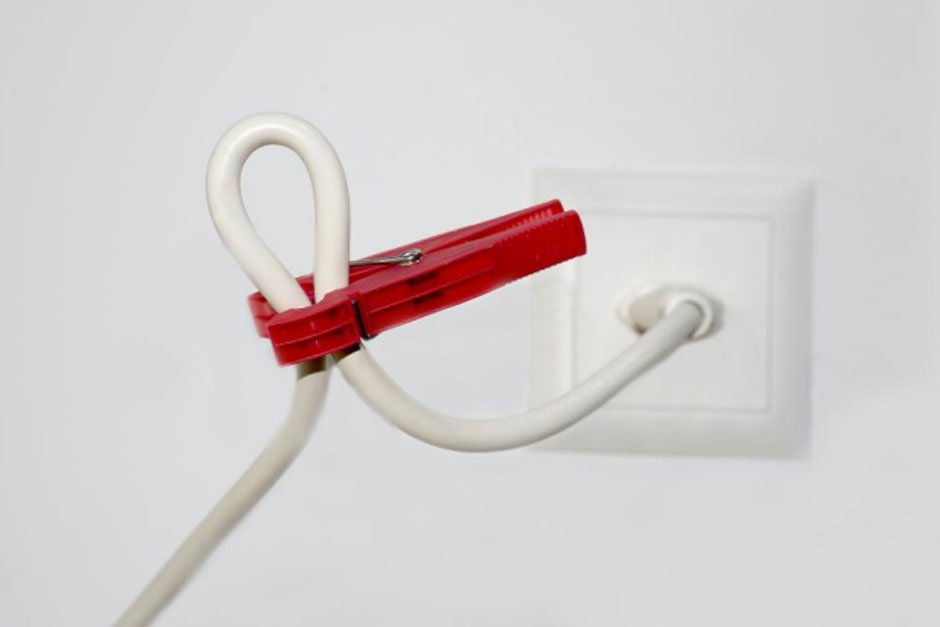
5. Impact on Device Performance
The functionality of your devices can be directly impacted by the use of the wrong type of cord. Power cords are designed to provide a constant and stable current to the device in question. This allows the device to operate effectively without any interruption in power. A malfunction or breakage in the power cord can lead to the device shutting down intermittently or operating inefficiently.
Extension cords, if improperly matched with the device they are powering, have the potential to cause voltage drops. The device will not receive the full power it needs in order to function properly. Not receiving adequate power in appliances like refrigerators, power tools, or computers will lead to malfunction or permanent damage.
That is why it is always better to use a power cord where you can and only use an extension cord when there is no other option. Choosing the correct size and gauge will provide safe and efficient utilization if you need an extension cord.
Final Thoughts
While power cords and extension cords may look the same at first glance, they have different performance, efficiency, and safety levels. Power cords are designed with a specific device in mind to ensure a safe and stable connection. Extension cords are designed for temporary use to access power.
To avoid any accidents, power cords should be used when available, and extension cords should be used temporarily. Choosing the right cord for the right use will prevent accidents and extend the life expectancy of appliances.









